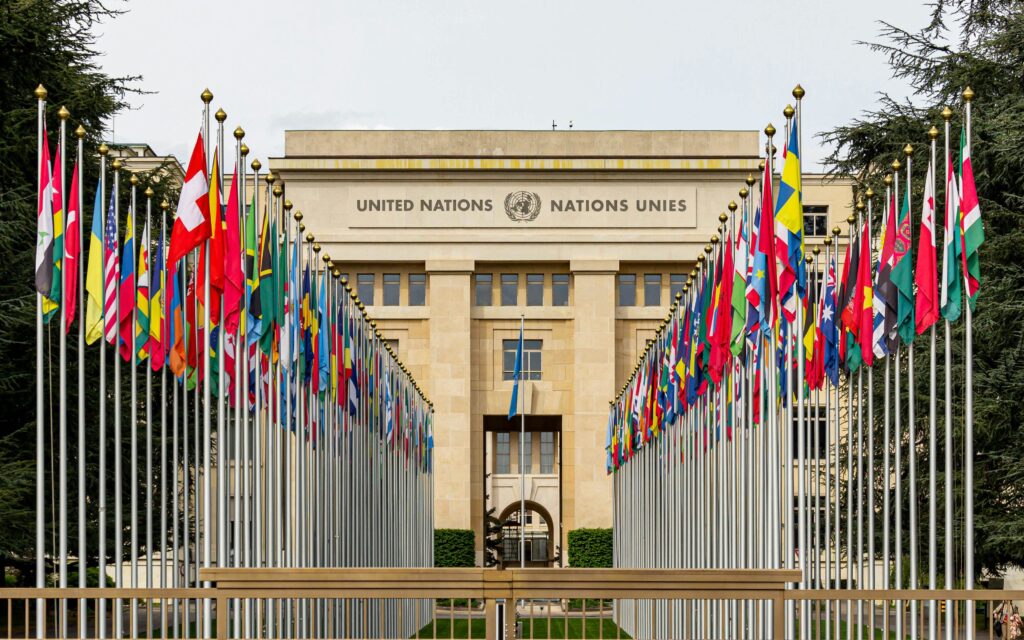UN advances human rights-focused economic metrics
New economic indicators developed by the UN link GDP with human rights, fostering sustainability, strengthening the global economy, and promoting fairness and social well-being.

The UN is developing new economic indicators to complement gross domestic product (GDP) as a measure of progress. A 14-member expert group, appointed by the UN Secretary-General, is creating metrics that reflect social well-being, equality, and environmental sustainability.
Their proposals, to be presented to the UN General Assembly in 2026, could reshape how governments assess success and guide future economic policies.
UN agencies, in collaboration with Chile, Honduras, Mexico, and Spain, are working to embed human rights into these new metrics. The initiative focuses on areas such as economic inequality, public social spending, environmental impact, gender equality, and labour rights, aiming to shift economic systems toward fairness, participation, and care for the planet.
Deputy High Commissioner for Human Rights, Nada Al-Nashif, emphasised that these efforts are about rethinking economic systems to ensure they measure what truly matters for people and the environment.
Would you like to learn more about AI, tech and digital diplomacy? If so, ask our Diplo chatbot!
